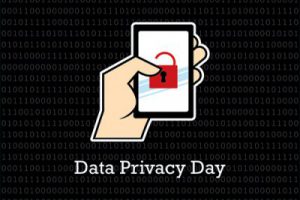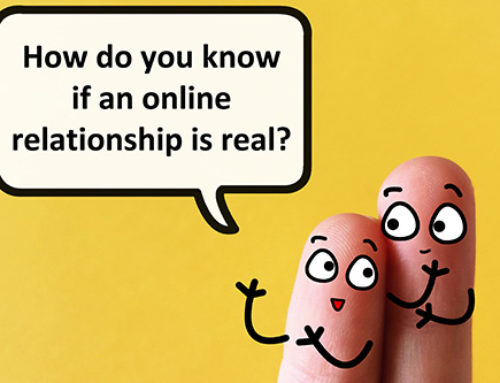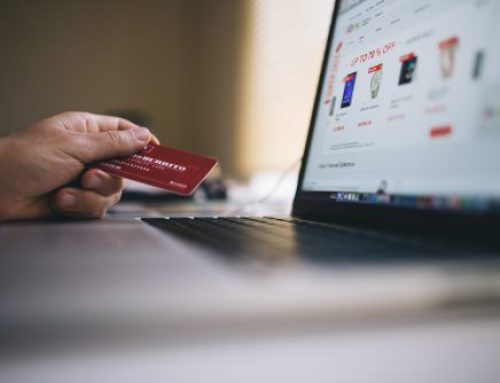 Today (January 28) is Data Privacy Day. Data Privacy Day (DPD) is an annual international event intended to raise awareness about data privacy and promote best practices around data handling and security. On an individual level, Data Privacy Day is part of a larger effort to educate and empower people to be a part of their own data security solution.
Today (January 28) is Data Privacy Day. Data Privacy Day (DPD) is an annual international event intended to raise awareness about data privacy and promote best practices around data handling and security. On an individual level, Data Privacy Day is part of a larger effort to educate and empower people to be a part of their own data security solution.
The data collected about you is extensive
Your physical movements, Internet searches, purchases, and far more is all recorded and stored online. Your cellular provider, the company that you use to connect to the Internet (ISP), apps that are on your smartphone, all collect information about your daily travels and activities. These apps facilitate shopping and much more, but also comprise information about you that you should have some control over. And every account that you have with a company that uses online servers to store that information is another potential point of intrusion and theft. Data Privacy Day recognizes that businesses that collect personally identifiable information have a responsibility to protect and safeguard that information, and that people have a right to transparency into how that information is being used.
Why are companies so interested in you?
You may wonder why anyone cares about where and when you grocery shop, what items you look for online, what brands you prefer. It’s all about marketing. Companies are looking for the most effective targets for marketing, and companies with that information, companies like Google and Facebook, make their money by providing deep demographic information and ubiquitous marketing platforms for advertising.
Trust is important
Companies that collect information about people have a duty to safeguard that information. Unfortunately, recent history shows us that isn’t always so. Billions of customer records have been exposed after data breaches at Target, Yahoo, Marriott, even government websites. Every website that stores sensitive information is a target of relentless data intrusion attempts. We have the right to expect that the companies that we entrust with our information share and follow best practices for data security.
What can you do as an individual?
You can’t do much about how your information is stored and protected by all the companies that collect it. But individuals have a set of “best practices” also. You can’t be sloppy with passwords or take chances with fishy emails. As evidenced by the constant (and growing) barrage of fraudulent robocalls, we are targets too. So in the spirit of Data Privacy Day, here is a checklist for your personal effort to make 2020 a safer online year.
- Remember those pesky passwords? Like it or not, you need to have unique, long, impossible-to-guess passwords. It’s not as impossible as it seems. Learn to use your browser’s password storing feature (all major browsers safely store encrypted passwords) or a password manager to create unique passwords for all your online sites. Don’t forget, your email password absolutely has to be unique and unbreakable.
Start to use some form of two-factor authentication (2FA). 2FA requires a second step when logging in to an online account. Often this is a code texted to your smartphone. Any form of 2FA is a big improvement. Two factor authentication means that, even if someone gets your password, they still can’t get into your account unless they have physical possession of your smartphone or other authentication device.
- Ignore the robocalls. Don’t answer calls that you suspect are robocalls. And don’t “press 2 to be removed from the call list.” Any response at all to robocalls confirms your number as a valid number and the calls will just increase in number.
- Be wary of public Wi-Fi. Using the Internet at the coffee shop or at your hotel is convenient but be aware that it is not secure and that your online activities can be monitored. Consider learning to use a virtual private network (VPN) that shields your communication from prying eyes. It’s best to limit interaction with sensitive sites, like your bank. If you are connecting to a website, make sure the address (URL) begins with “https” and that the little lock icon shows up in the browser window.
- Say no to scammers. Romance scams, charity scams, gift card scams… scammers are trying to find a weak spot in all of us. Never respond directly to text messages or random unexpected emails asking for support. Instead, if you receive a plea for money, look up the charity or cause, investigate, and then support through their official online website or donation portal. Romance scams are particularly dangerous for senior citizens who lose billions of dollars every year. Learn more about all of these scams with these videos.
- Be wary of email messages and links. Email messages are a major vector for scammer attacks. Look carefully at the real address of the sender (you may need to hover over the name and pause). Is the email from a real company or organization? Clicking on links can result in malware being downloaded to your computer.
- Make sure your computer is protected. Windows 10 comes with effective virus protection and firewall features. And there are lots of other virus protection options as well. It is essential that you have virus protection, and that you install the updates that Microsoft, Apple, and others issue for your devices. Those updates include fixes for security holes and weaknesses that are known to be used by hackers.
It seems like a lot to digest, but online safety becomes natural with a little practice. And the effort is far better than losing your money or having your computer taken over and rendered useless by a hacker demanding ransom. Take the time to watch the videos, and if you live in an area with Connections classes, take the time to enroll and learn more about online safety and security. Here’s to a safe 2020!





